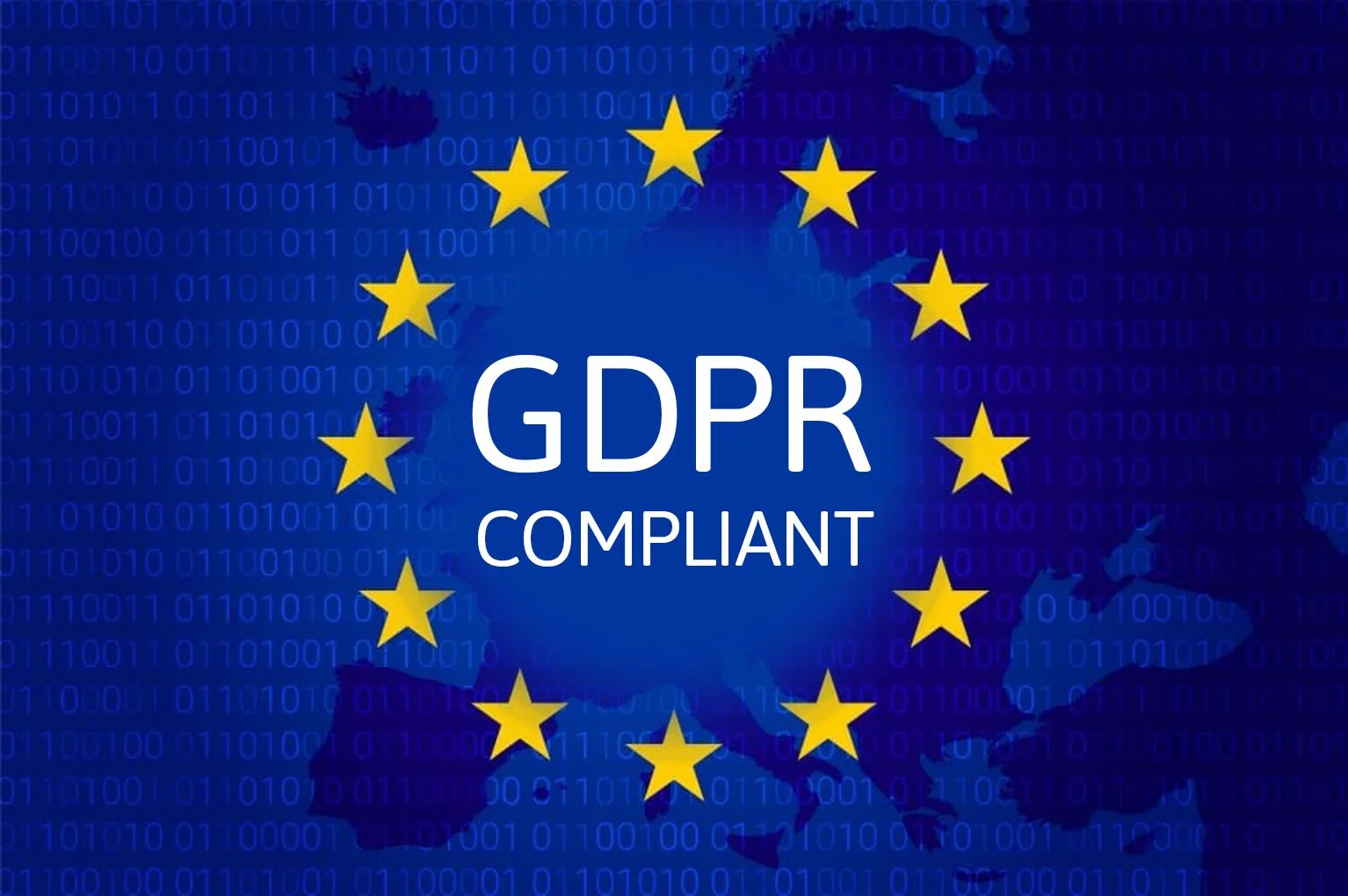Ensuring compliance with the General Data Protection Regulation (GDPR) and the Care Quality Commission (CQC) requirements is crucial for telemedicine and integrated care system software providers in the UK. Here’s an overview of the key compliance requirements:
- GDPR Compliance:
- Data Protection Principles: Telemedicine and integrated care system software must adhere to the GDPR’s data protection principles, including lawfulness, fairness, transparency, purpose limitation, data minimization, accuracy, storage limitation, integrity, and confidentiality.
- Lawful Basis for Processing: Software providers must identify a lawful basis for processing personal data. Consent is one lawful basis, but other bases such as legitimate interests or performance of a contract may also apply.
- Data Subject Rights: Patients using telemedicine platforms have rights under the GDPR, including the right to access their data, rectify inaccuracies, erase data (in certain circumstances), and restrict or object to processing.
- Data Security: Software providers must implement appropriate technical and organizational measures to ensure the security of personal data, including encryption, access controls, and regular security assessments.
- Data Transfers: If personal data is transferred outside the European Economic Area (EEA), software providers must ensure that appropriate safeguards are in place, such as standard contractual clauses or adequacy decisions.
- Data Breach Notification: Providers must have procedures in place to detect, investigate, and report data breaches to the relevant supervisory authority and affected individuals within 72 hours of becoming aware of the breach.
- CQC Compliance:
- Registration: Providers of telemedicine and integrated care system software may need to register with the CQC, depending on the services they offer and whether they provide regulated activities.
- Safety and Effectiveness: Software systems must be safe, effective, and responsive to patients’ needs. Providers must ensure that the software meets high standards of quality and safety.
- Governance and Leadership: Providers must have effective governance and leadership structures in place to oversee the delivery of telemedicine services and ensure compliance with regulatory requirements.
- Person-Centred Care: Telemedicine platforms should support person-centered care, respecting patients’ preferences, values, and cultural backgrounds.
- Staffing: Providers must ensure that staff involved in delivering telemedicine services are appropriately trained, competent, and capable of delivering high-quality care.
- Record Keeping: Providers must maintain accurate and up-to-date records of patients’ consultations and interactions with the telemedicine platform, ensuring confidentiality and compliance with data protection laws.
To achieve compliance with GDPR and CQC requirements, telemedicine and integrated care system software providers should conduct thorough risk assessments, implement robust policies and procedures, provide staff training, and regularly review and update their systems to address emerging risks and regulatory changes. Collaboration with legal advisors and compliance experts may also be beneficial in navigating these complex regulatory landscapes.

